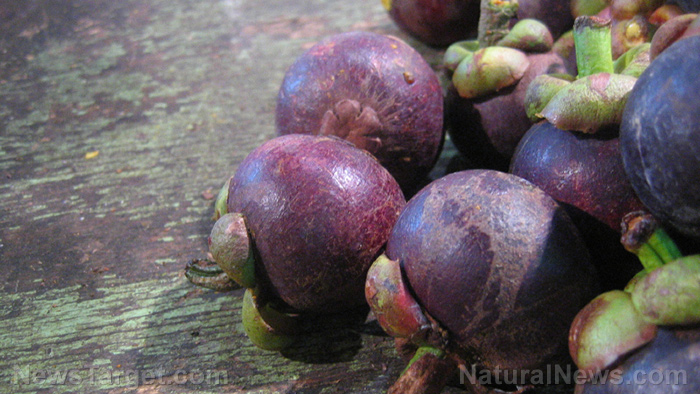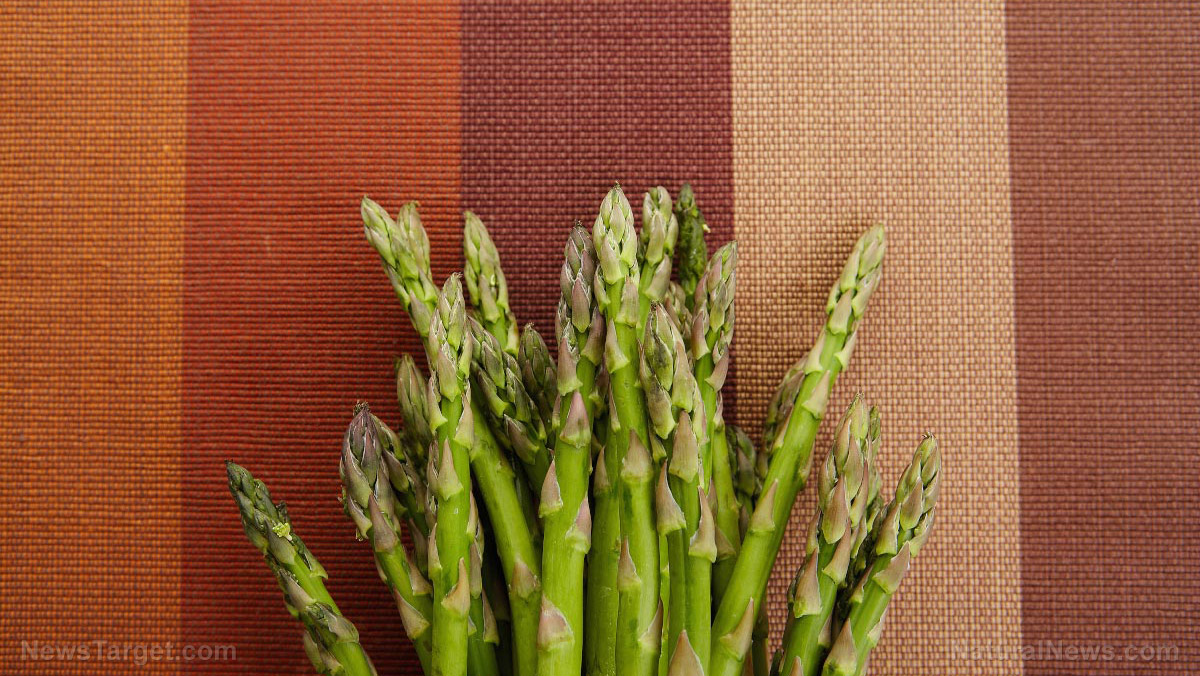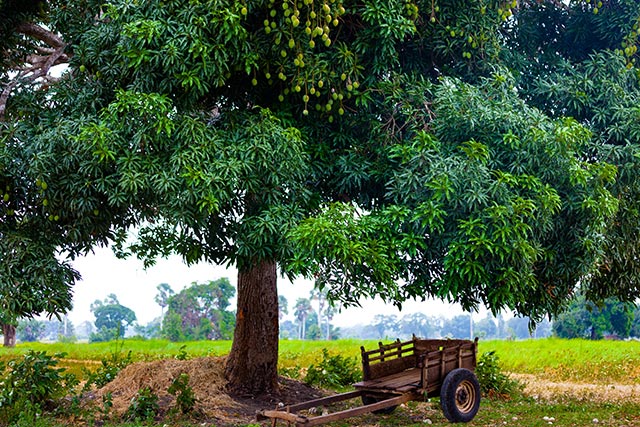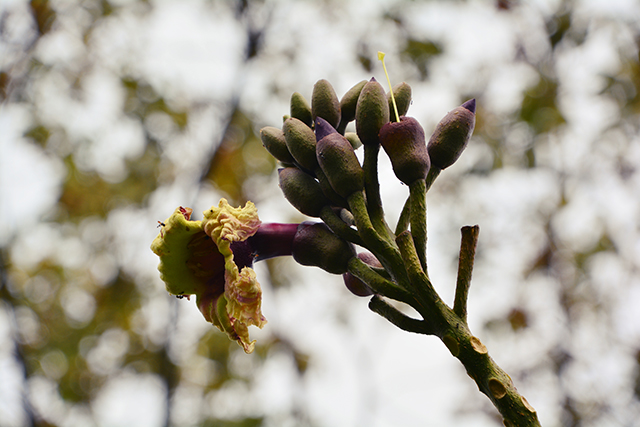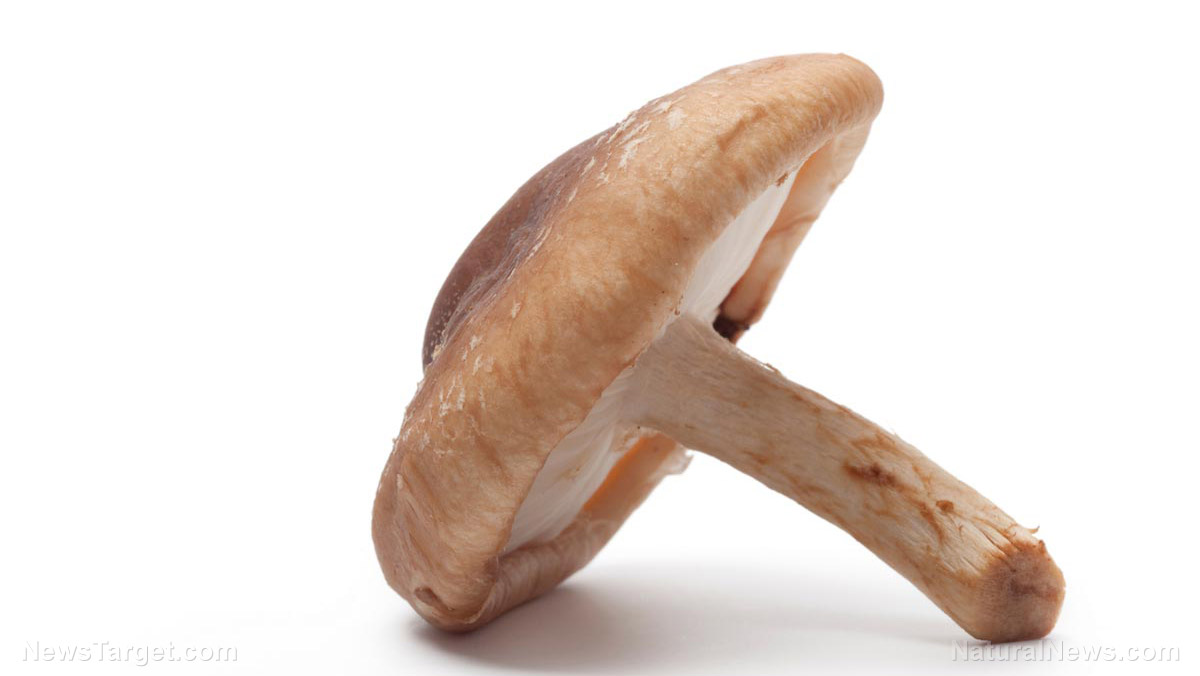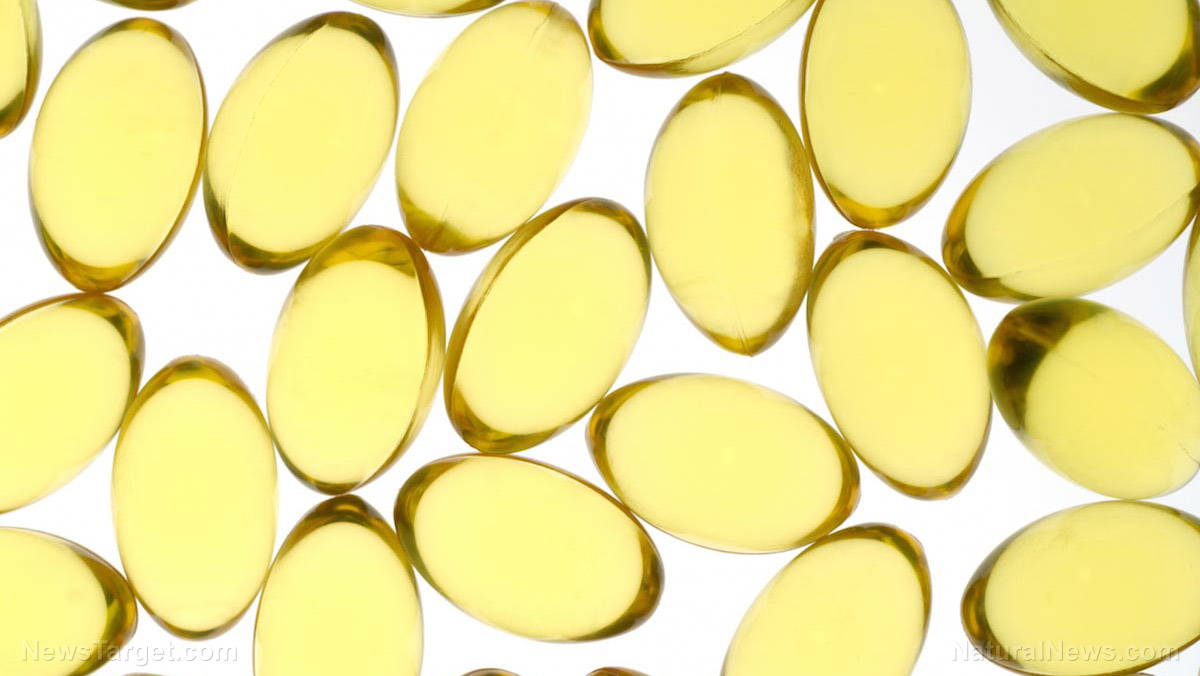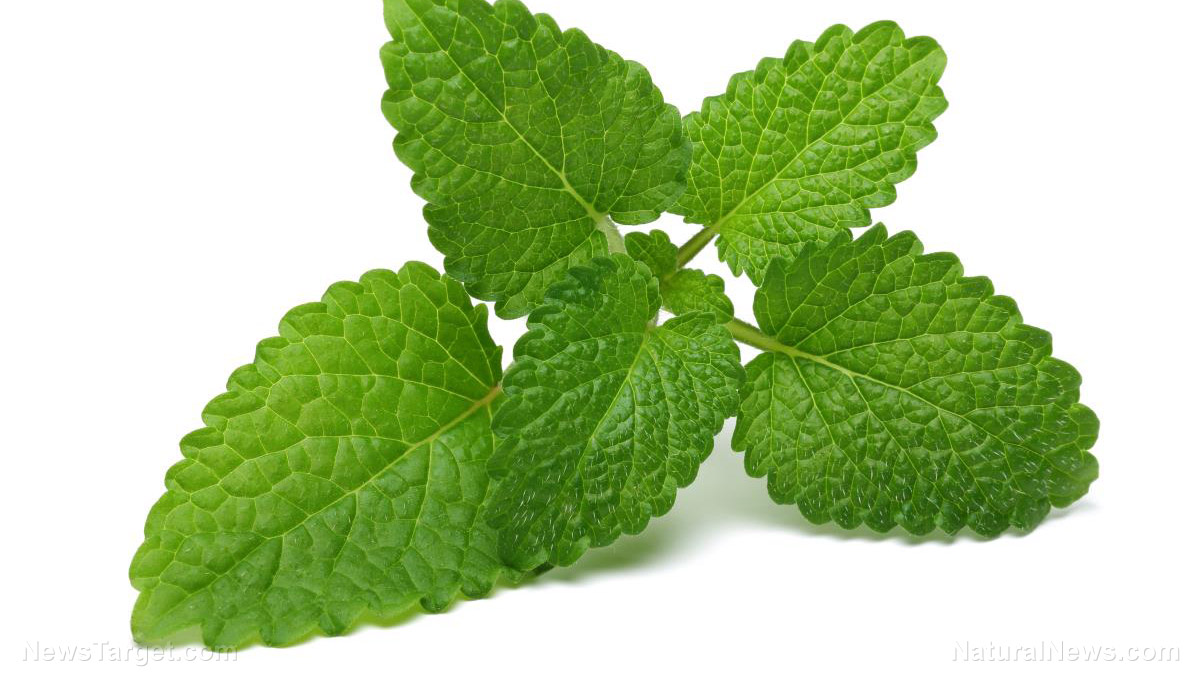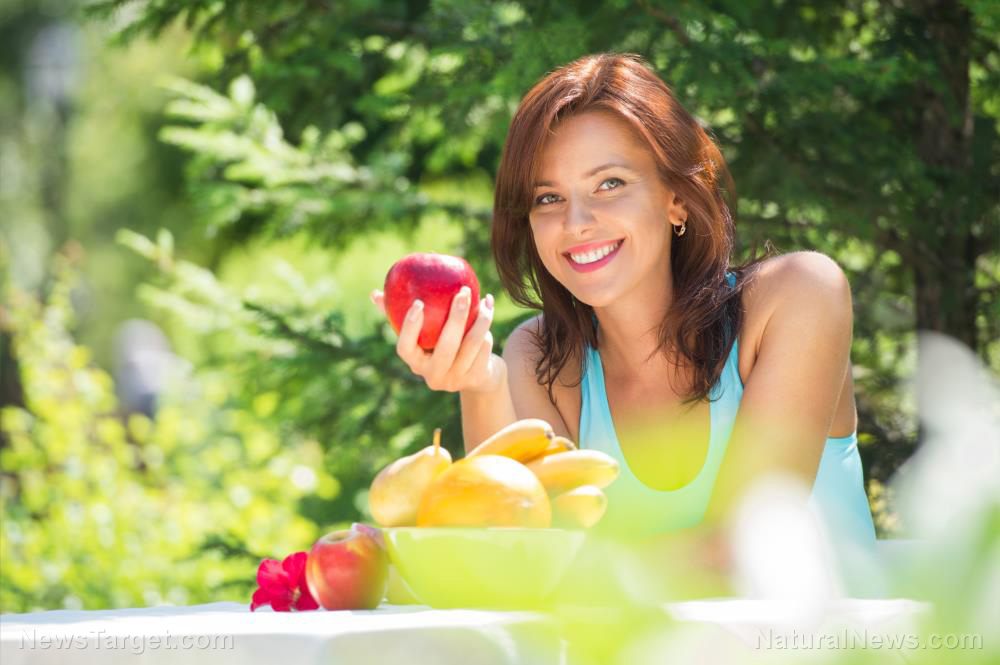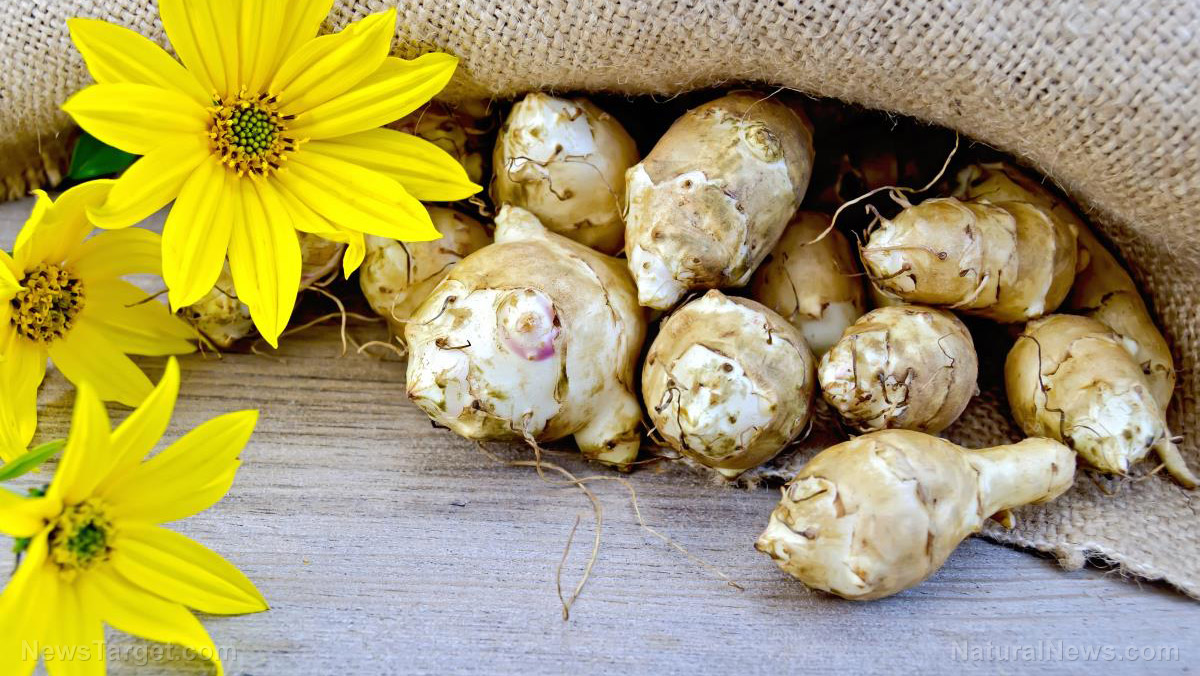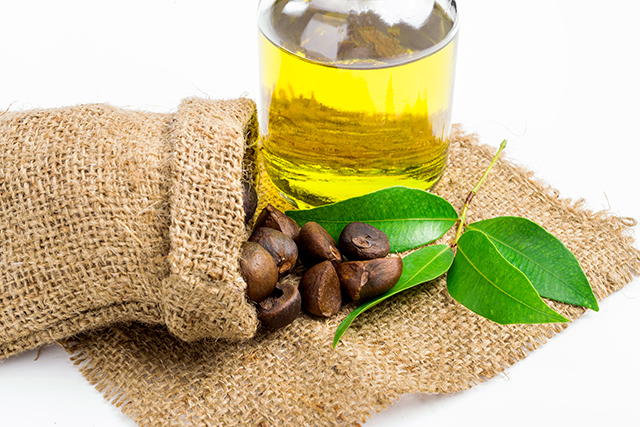The hidden heroes: Superfoods that most people don’t know about
08/14/2018 / By Janine Acero

Superfoods are all the rage these days, and for good reason. These foods are considered as some of the most nutritionally dense foods there are. Most are plant-based foods, but they also include some fish and dairy.
Popular superfoods such as açai, chia seeds, and goji berries tend to be expensive and may not be suitable to mix into just any meal. Fortunately, there are plenty of other superfoods that are easier to find and won’t break your bank. The following are some inexpensive nutrient-rich superfoods that can be thrown into everyday meals and snacks:
- Barley – Barley is a type of whole grain that contains beta-glucan, a type of soluble fiber that helps remove cholesterol from the digestive tract. It also helps your body regulate insulin use, as well as lower blood sugar. Registered dietitian nutritionist Jill Weisenberger, author of “Prediabetes: A Complete Guide,” says barley is perfect for people with prediabetes, diabetes, high cholesterol levels, or those who simply want a healthier heart and body.
- Beans – Loaded with fiber, iron, magnesium and B vitamins, beans help maintain a healthy gut and boost your immune system. Beans also help lower the risk of diabetes and heart disease and promote weight loss by enhancing satiety. They are also an excellent source of non-animal protein. Registered dietitian Manuel Villacorta, the author of “Flat Belly 365,” recommends beans as a superfood of choice.
- Broccoli – This cruciferous vegetable is packed with vitamin C and folate, and is a good source of fiber to keep your gut bacteria happy. Additionally, broccoli contains glucosinolates, which may help reduce the risk of certain cancers. Atlanta-based registered dietitian nutritionist Marisa Moore suggests having broccoli as a side, tossed into pasta, or as the base for a hearty salad.
- Jicama – This tuber vegetable, originally grown in Mexico, is an excellent alternative to high-carb foods since it is loaded with nutrients and fiber. One cup (130 g) contains 17 percent of the recommended daily intake (RDI) for fiber for men and 23 percent of the RDI for women. “Since the average adult consumes only 14 grams of fiber per day, adding even a small amount of jicama to your plate can help you reach your daily goals,” says registered dietitian Erin Palinski-Wade, author of “Belly Fat Diet For Dummies.” One cup of jicama also contains 12 g of carbs and 44 percent of the RDI of vitamin C.
- Lentils – If you prefer plant-based protein sources, look no further than lentils. Just one-half cup of cooked lentils contains 115 calories, 9 g of protein, 8 g of fiber and plenty of iron and folate.
- Peanut butter – If there is one item on this list that you can easily find in any grocery store, it’s peanut butter. Peanut butter is a rich source of niacin, folate, vitamin E, as well as other essential nutrients. It’s also high in fiber and protein. Peanuts contain 7 g of protein per ounce compared to other nuts with only 4–6 g per serving. It is also low in saturated fat and cholesterol. “It is a tasty way for a carnivore or vegetarian to add protein and healthy fat to their day,” says Amy Goodson, a Dallas-based registered dietitian and nutrition communications consultant. Peanut butter can also provide lasting energy at 190 calories per 2-tbsp serving.
- Watermelon – This refreshing summertime fruit is 90 percent water, which helps you keep hydrated, especially during hot weather. In addition, watermelons are filled with antioxidants such as vitamin C and lycopene, and other essential nutrients like choline and L-citrulline that aid in neurological and muscle health.
Interested in other superfoods to add to your everyday meals? Visit Superfoods.news today.
Sources include:
Tagged Under: barley, beans, broccoli, clean food, fresh foods, functional food, jicama, lentils, nutrients, nutrition, organics, peanut butter, phytonutrients, watermelon

